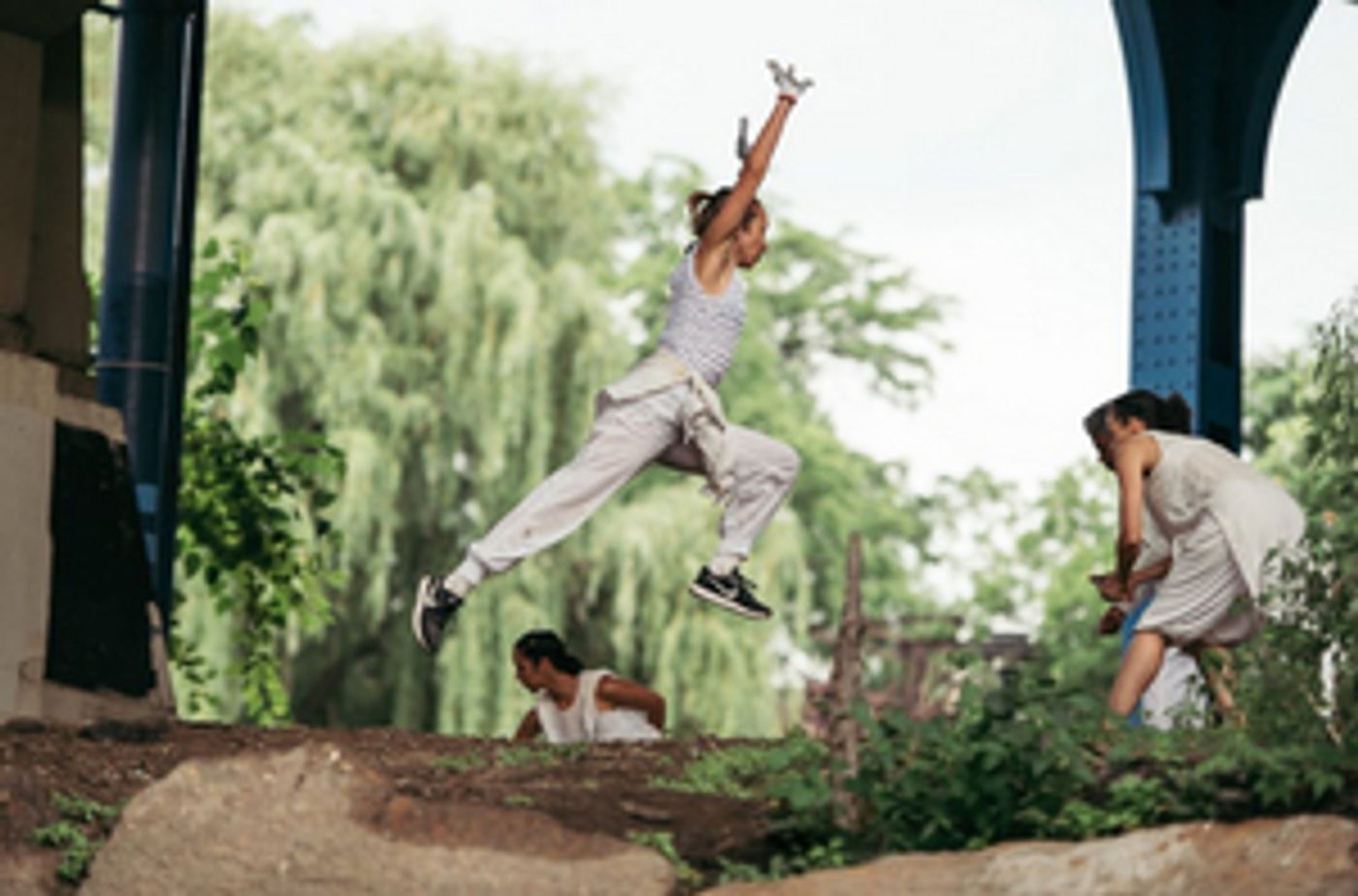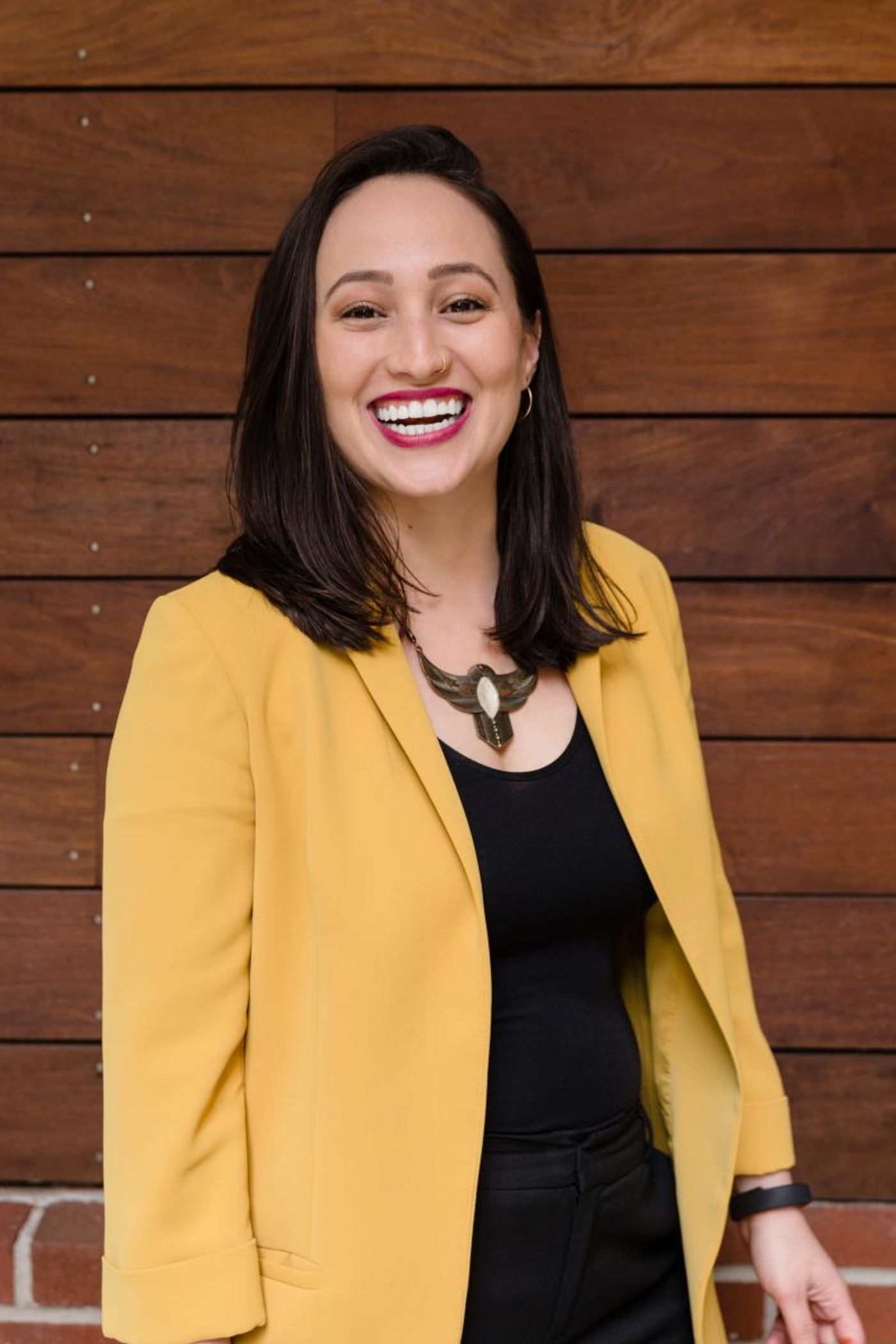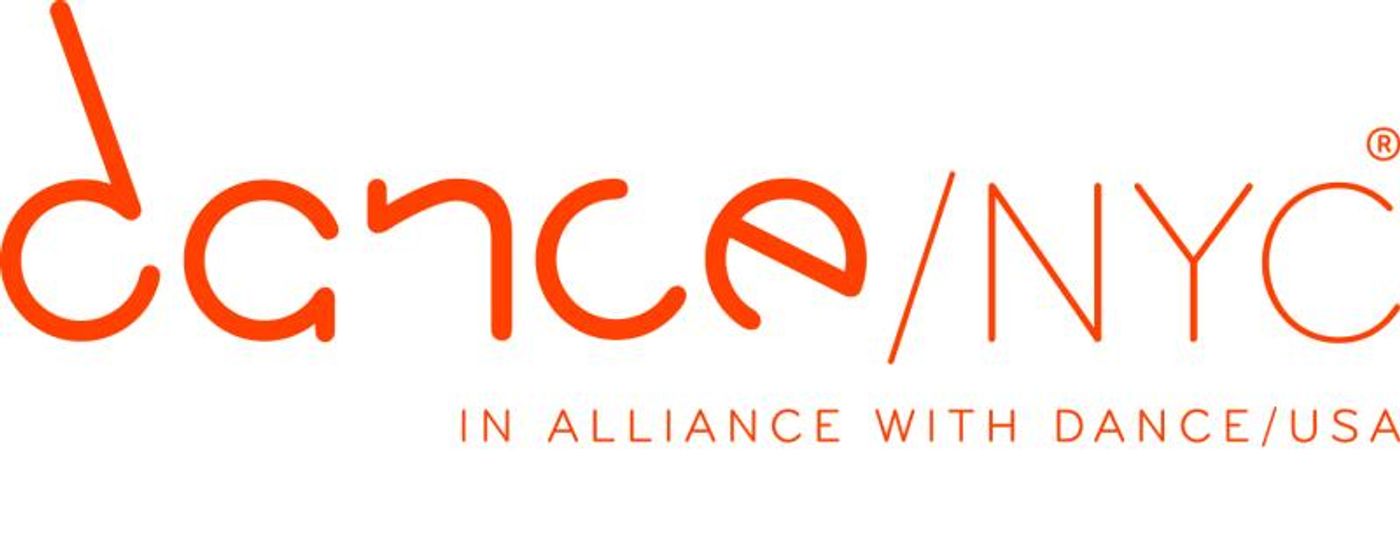Interview: How Dance/NYC & Alejandra Duque Cifuentes Are Fighting COVID-19

Christine King and Alethea Pace in
Paloma McGregor's Building a Better Fishtrap.
Erik Carter; photographer
Long before she officially took on the reins of Dance/NYC as Executive Director, Alejandra Duque Cifuentes had already spent years on forefront of advocating for human rights. This may sound revolutionary to some: "Dancer rights are human rights even if we rarely speak up or are heard." During the this crisis, Duque Cifuentes has worked tirelessly with other unsung heroes to ensure that dancers are not only heard but receiving the support that they deserve.
In establishing the Dance/NYC Dance CRF, she and her colleagues are putting money where it is needed most: in the hands of universally unemployed and vulnerable dancers. Yesterday she took time off from her endless days to explain to me how.
JMPII: How did the fund come about?
Duque Cifuentes: Dance/NYC has a history of putting together relief efforts for the dance field in response to difficult moments. In 2012, right after Hurricane Sandy, we put together a relief effort for dance companies, so this is in line with how we've responded to moments of crisis within the field. This fund came together through a combination of conversations, first with our staff--many of whom are also individual dance artists--and fellow community organizers from the Dance Union podcast. From that conversation it became evident that the need was great. But more importantly, as soon as everything was triggered by the virus, Dance/NYC put out an impact survey to understand what organizations and individual artists were experiencing. Within a couple of days, we already had information that fully confirmed our gut feeling. So we connected with some of our current funding partners and philanthropic organizations--including the Howard Gilman Foundation, Mertz Gilmore Foundation, Ford Foundation, and Harkness Foundation for Dance--that have supported relief efforts in the past or were already involved in the work that we do at the re-granting level at Dance/NYC, and they very generously stepped in to support the creation of the fund.
JMPII: It's proof positive that a coalition can be built to affect positive change. I hope this inspires individuals out there who feel helpless or that their voices lack power.

Executive Director of Dance/NYC
Jo Chiang; photographer
Duque Cifuentes: One thing that's within our mandate as a service organization is not only to provide services to the community, in New York City specifically, but to work with DanceUSA and many other service organizations across the country to advocate for the needs of artists at the policy making level. The reason we've been effective in ensuring that relief efforts are put together and that the different stimulus bills are passed is because dancers and organizations have been so vocal and responsive to our calls for information.
I'm so grateful that individual workers, dancers, and organizations have been willing to share their stories with us and have been willing to fill out that survey. Because it's become our sword in this battle. So I definitely encourage dance artists and workers to stay connected to service organizations and to capture things in writing.
The reason, Duque Cifuentes explains, is so that dancers can take stock of how they've been impacted economically and to prepare themselves once new stimulus plans and emergency funds are unveiled utilizing that information. This information serves not only as a sword for advocating organizations, but as key to available funds for affected individuals.
Duque Cifuentes: I have mixed feelings about putting the onus on people to advocate for themselves when our structures should be about caring for our people inherently. But that's not the case right now. So it's very important for folks to take a moment, even if it's once a week, to stop and look at the material impact that you're facing and to have that documentation ready because they're going to need it.
Crucial Update: Due to the large amount of applications Dance/NYC has received for the fund, the March cycle will close for freelance dancers tonight (March 27th) at 5PM. The next dates for applications are on April 10, 2020 and May 8, 2020. Please take this time to prepare materials for the application in anticipation for those dates.
JMPII: I appreciate that you all made this fund available to people and organizations not only in NYC but in the metropolitan area. I've had conversations with people in Jersey City where there is currently no relief fund set up for arts organizations and I know how thankful they all are to be included. But the fund is not infinite.
Duque Cifuentes: No. What people managing these funds and people who are applying to these funds need to understand is that the need is greater than the resources that some of these groups have available to them. Part of the reason why is that all of the interconnected things that we need to thrive and survive--whether that's healthcare, living wages, or affordable rent--are being strained right now. And so even with all of the work that community organizers are doing to organize relief, we won't be able to meet all of the needs all at once for everybody.
JMPII: What do you call that?
Duque Cifuentes: Managing expectations. We hear you. We are here for you. We see you. We are coordinating. We are making phone calls. We are knocking on doors. We are screaming at people. We are doing everything that we can, so that these voices are heard, and also, our hearts hurt when we can't meet all of your needs at the same time.
This conversation took place at 4:30 PM March, 26th, 2020, fewer than 48 hours after the fund was announced and Dance/NYC had already received over 300 individual applications within that time.
JMPII: The work doesn't stop.
Duque Cifuentes: No. It doesn't. The work doesn't stop and there's an awareness that the need is great. We have decided to start publishing the findings of the survey on our website on a weekly basis so that individual dance workers can use that data to advocate for themselves. Next to that data, we've also put Calls To Action and ways in which people can either reach out to their representatives and senators or connect to advocacy groups if voting is not possible for them at this time, or if being engaged with local city officials is not safe or possible for them at this time. So we really encourage folks to see this data as an institutional backing of sorts. It's like, there's your individual voice and then there's the crowds of witnesses that this data is, that backs your individual story as you're calling your senators to advocate for yourself and others.
JMPII: Thank you for that. I feel like you just gave me a masterclass on "How to build a coalition". Any closing words?
Duque Cifuentes: I keep telling my staff to take heart. You're not alone in this moment.
Indeed, Alejandra Duque Cifuentes and the entire staff at Dance/NYC are with you. As she mentioned earlier, "We are doing everything that we can, so that these voices are heard." If you would like to reach out to offer support or to join the mission, write to info@dance.nyc or fill out the Dance/NYC Impact survey. You can access findings from Dance/NYC's survey, here.

Videos

